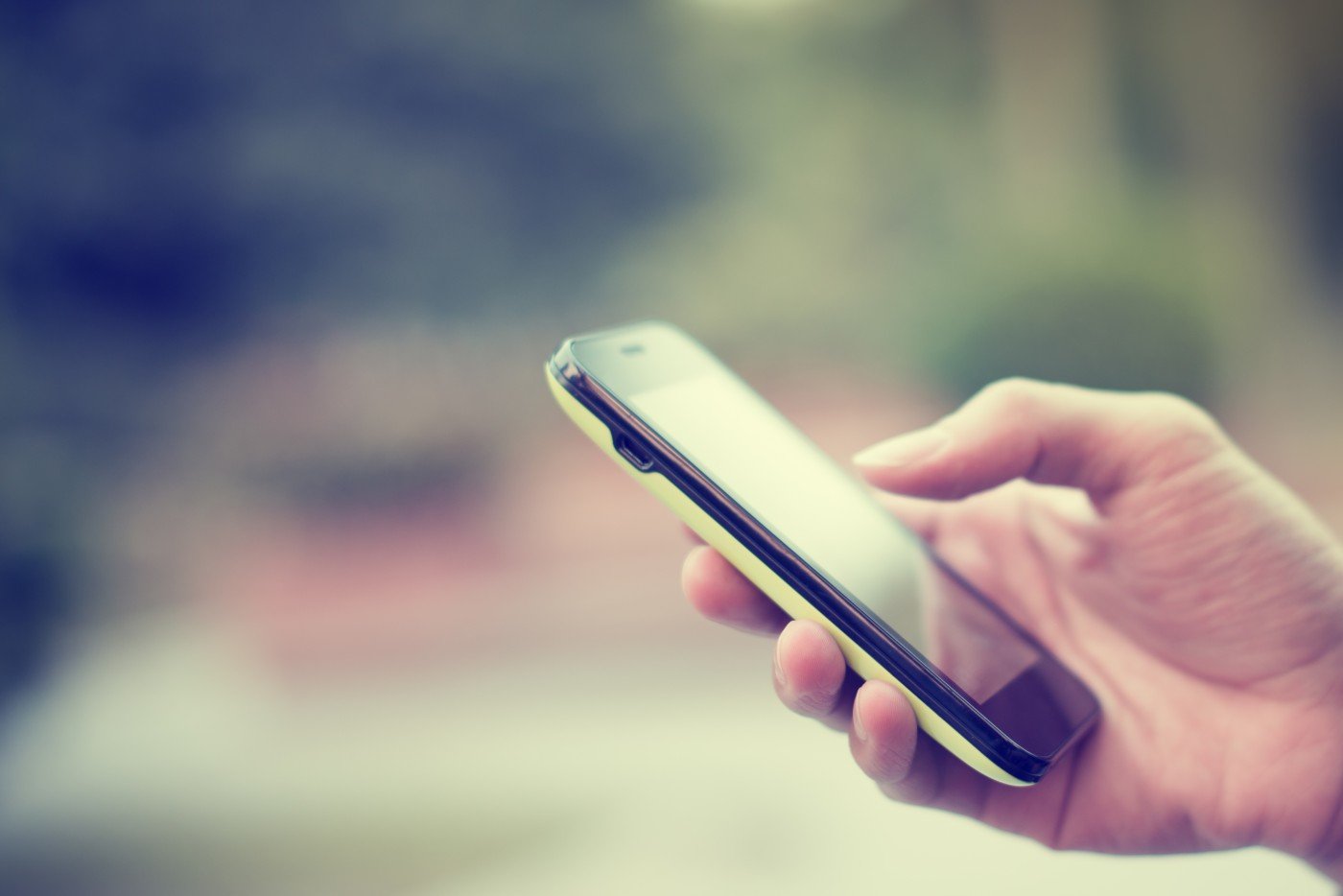Pilot Study of myMS App, Created to Aid Patients and Research, Starting in US
Written by |

A clinical trial of a smartphone app that helps multiple sclerosis (MS) understand and manage their disease — and to aid and speed research — is now recruiting people nationwide. Claimed to be the first of its kind, the app, called myMS, is designed to give MS patients quick and easy access to pertinent information, from clinical evaluations of walking and cognitive abilities, to genetics and MRI scans.
User-friendly, myMS app serves as a data collection platform across a range of MS-related domains that cover walking ability, mental cognition, vision, and quality of life, as well as demographics, MRIs and genetic test results, to assist both patients and researchers. It is being developed Daniel Pelletier, MD, a professor of neurology at the Keck School of Medicine of the University of Southern California (USC) in Los Angeles.
The app enables users to monitor their progress over time in performing clinically evaluated walking, cognitive and visual tasks, and serves as an aid when completing quality of life questionnaires such as 6Mapp, COGapp, and VISapp. The app’s user interface supports the graphing of testing and ability evaluation results over time, and of comparisons between an individual’s progress and that of others. Users can also upload MRI brain scans for high-resolution viewing on a smartphone.
“We have so much to discover about MS, and our traditional methods of studying it are not going fast enough,” Pelletier said in a press release. “Each incremental finding is like one drop of water in the ocean. If we want to reach the point of individualized therapy for MS, we need a massive amount of data, which is what inspired me to think of a solution that was completely out of the box.”
Pelletier hopes myMS app will provide patients with a tool they can use to take a greater degree of personal control over managing their illness.
“Not only will people be able to see how they’re doing in real time, but they will also be able to open new lines of communication with their doctors,” Pelletier said. “When they see their doctor, they’ll be able to open the app and show them how they’re doing in their everyday life and not just in the clinic.”
Goals set in the Keck myMS app pilot study (NCT03111394) include evaluating how often participants use the app, how well they complete all of the trial’s clinical tasks and surveys, and their willingness to share genetic information and MRI scan data.
Pelletier plans to recruit 200 adults with any type of MS for the U.S.-based study. Besides an MS diagnosis, patients will need to own a smartphone.
No clinical visits will be required for trial participation, but participants will be asked to perform the six-minute walk test, cognitive function and visual acuity tests, answer quality of life questionnaires, and to complete baseline and follow-up surveys conducted via the myMS app. Participants’ MRI scans can be transferred to the app from their home computers via a dedicated study website.
After three months, participants will be offered a free, optional genetics kit from 23andMe. Those who opt to use the kit will receive personal genetic reports from 23andMe’s in-home, saliva-based service, which covers more than 70 health conditions and traits, information related to ancestry, personal traits such as how genetics can influence risk of developing certain diseases, and whether the participant is a carrier for inherited conditions, information that can be accessed using myMS app.
“This study is just the beginning for myMS. Our ultimate goal is for the app to go viral so we can collect data from people around the world. It could be a powerful tool to get us closer to personalized medicine and breakthrough discoveries,” Pelletier said.
For more information on the myMS pilot study, including how to enroll, click here.


